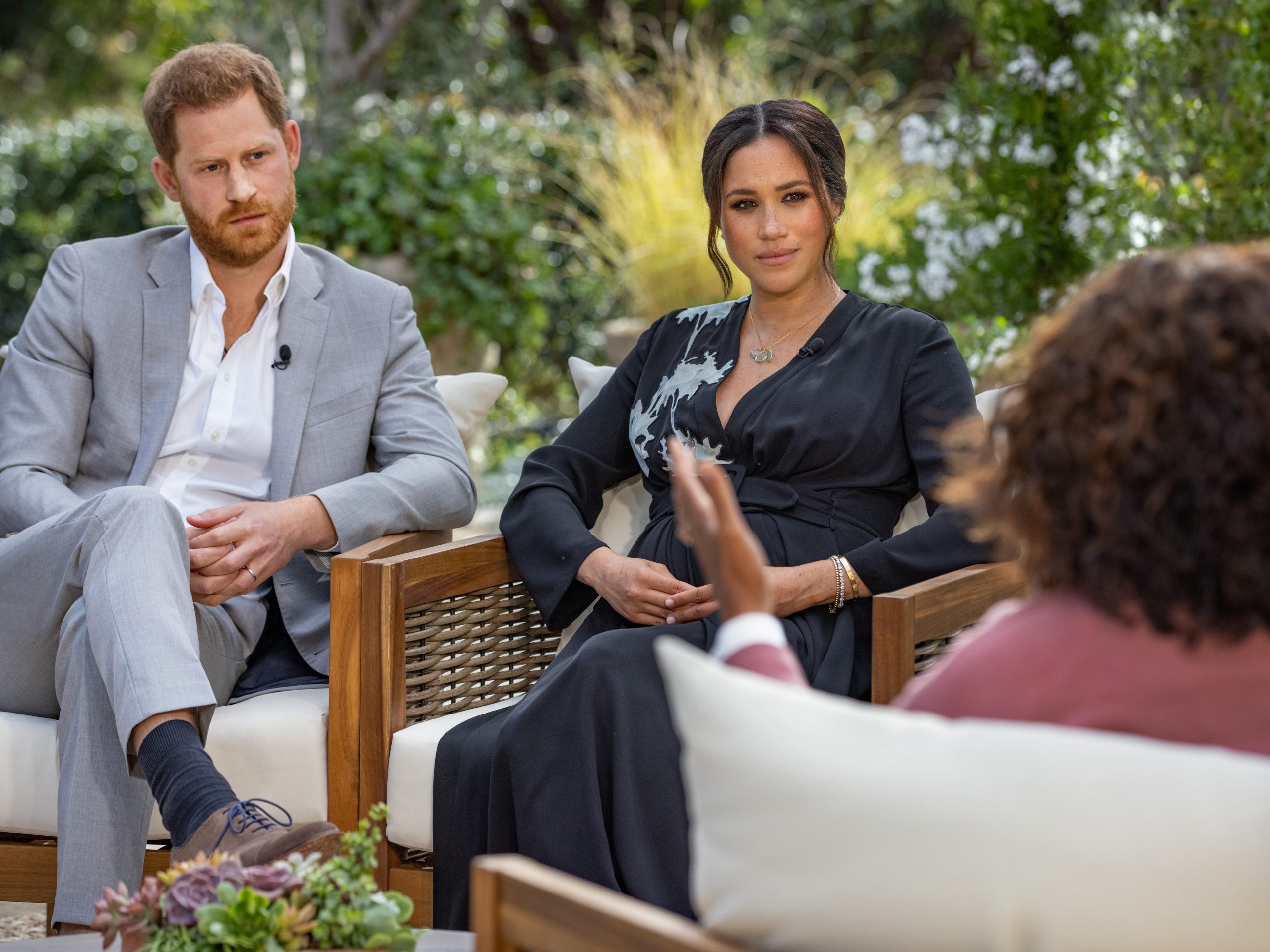
Getty Images
- Meghan Markle and Prince Harry’s interview with Oprah cost CBS at least $7 million, the WSJ reported.
- The deal gave CBS the rights to air the two-hour special in both the US and international markets.
- The Duke and Duchess of Sussex were not paid to take part in the interview.
- Visit the Business section of Insider for more stories.
CBS’ parent company ViacomCBS paid between $7 million and $9 million for the rights to air Meghan Markle and Prince Harry’s bombshell interview with Oprah Winfrey, The Wall Street Journal reported.
Harpo Productions, Winfrey’s production company, had also pitched the interview to NBC, owned by Comcast, and ABC, owned by Disney, sources familiar with the deal told the publication.
Royal experts and media analysts told The Sunday Times the interview could potentially rake in more viewers than February’s Super Bowl, which close to 100 million people watched.
ViacomCBS’ multi-million dollar license fee, paid to Harpo, gave it the rights to air the two-hour interview in both the US and international markets, the sources told the WSJ.
In the US, the interview broadcast at 8 p.m. ET Sunday on CBS.
In the UK, ViacomCBS sold the broadcasting rights to ITV, which is set to air it Monday night, after beating bids from Channel 4, Channel 5, and Sky, The Sunday Times reported. The BBC did not bid for interview rights, the publication reported.
CBS' broadcast of the interview could bring in lucrative advertising income. The network was looking for around $325,000 for 30 seconds of ad time during the program, or twice the usual rate for a show airing in that time slot, the WSJ reported, citing ad buyers.
Markle and Harry were not paid to take part in the interview, a spokesperson for the couple told Insider.
In the interview, The Duke and Duchess of Sussex spoke about their departure from royal duties last year and the strained relationships it brought about in the family. They also announced they were having a baby girl.